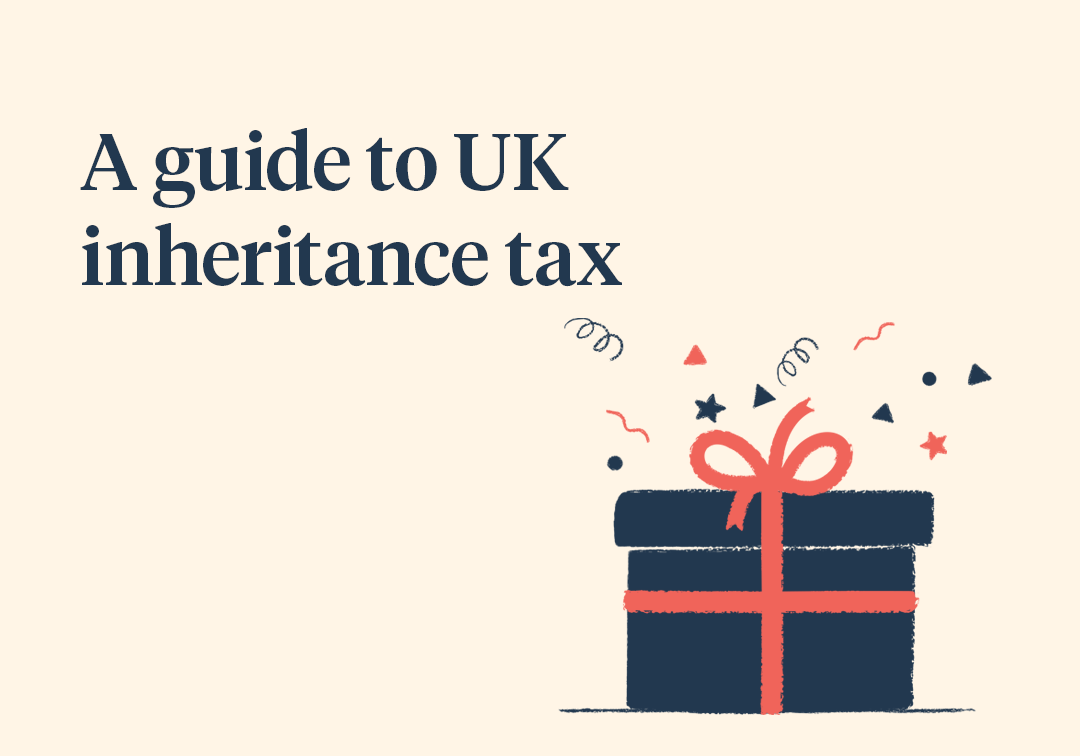Pension tax rules can be surprisingly complex for high earners, and one of the most important areas to understand is the tapered annual allowance. Designed to limit the amount of tax relief available on pension contributions for those with higher incomes, this rule can reduce your pension allowance for high earners, leading to surprise tax bills if not managed carefully.
Understanding how the tapered annual allowance works, including how it’s calculated and when it applies, is important for staying tax-efficient and maximising your retirement savings. In this guide, we’ll explain the key concepts, walk through examples, and explore what high earners can do to minimise the impact.
What is the annual allowance?
The annual allowance is the maximum amount you can contribute to your pension each tax year with tax relief. For most people, the annual allowance is £60,000. If you earn less than £60,000, the maximum amount of personal pension contributions you can make will be equal to your total relevant UK earnings. [1]




